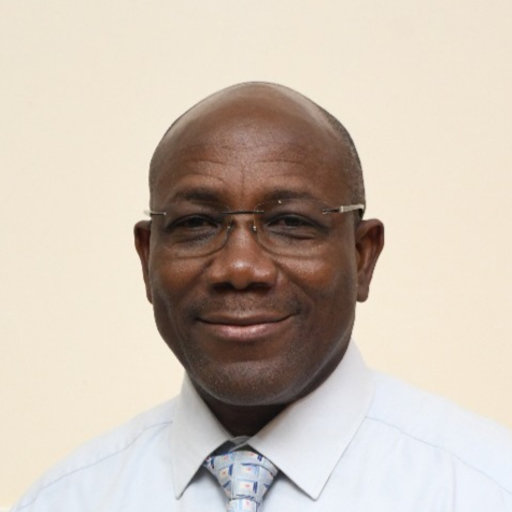The Deputy Vice-Chancellor, Academic, Research, Innovation and Partnerships, Osun State University, Osogbo, Prof. Anthony Kola-Olusanya, has called for a better approach to handling the human environment in relation to saving humanity and planet Earth.
Olusanya made the call at the 14th Inaugural Lecture of the university, held at the Olagunsoye Oyinlola Auditorium, Main Campus, Osogbo on Tuesday, on the topic: “Saving Humanity And The Planet Earth: Humanity Must Rethink Its Development Trajectory.”
Delivering the lecture which explored sub-topics such as an assessment of human-induced environmental destruction; humans’ place in environmental crisis; ecological footprints and humanity; the human tragedy of the commons, implications for environmental sustainability; sustainable development, the SDGs and environmental sustainability; climate change and its consequences, the future “fire” and our present reality; building awareness for environmental understanding and sustainable development among others, advocated a change in attitude toward our immediate environment, he noted that within a short period of human history, humanity has done more harm than good to Earth.
Assessing human-induced environmental destruction, the Professor of Environmental Sustainability stressed that it is the primary responsibility of humans to take care of the environment because over time human actions have resulted in climate change, long-term shifts in temperature and weather patterns mainly caused by human activities.
He said, “Humanity’s actions have also resulted in climate change, the long-term shifts in temperatures and weather patterns, mainly caused by human activities, especially the burning of fossil fuels, and threats to national security and prosperity. In addition, over the last decade and a half, the world has witnessed several environmental catastrophes, such as endangering desertification, flooding, and gross environmental pollution in Nigeria, tsunamis in East Asia, hurricanes – Katrina, Harvey, and Maria in the United States, Irma in the Caribbean Islands, earthquakes in Southern China and Turkey, continued drought and rapid desertification across the African continent, as well as the continued loss of tropical forests in the Amazon, further demonstrates the fragile nature of the planet as well as the need to take action.
“The scattering across the earth’s surface has contributed in no small ways to the present environmental problems we are currently facing. As the human race grapples with the threat of climate change and environmental destruction, our unsustainable economic production practices and development activities continue to cause global anxiety, particularly regarding how far the planet can absorb its continued abuse. These and the attendant consequences have also been instrumental to my understanding of the basis of my connections to global environmental problems.”
Speaking further, Kola-Olusanya suggested what he considered “an appropriate chest of remedies” for environmental sustainability.
He said, “Let me propose the following recommendations based on my research experience and expertise as pathways that can help guarantee an environmentally sustainable future for the country in line with the current goals of Agenda 2063.
“Education has been noted as a powerful driver of behavioural change in all societies. To achieve environmental sustainability, youths and children within the formal and informal learning sectors must be taught about the 17 Sustainable Development Goals as the path to achieving a more sustainable future and to be aware of their roles in addressing global challenges like: Clean water and sanitation: Such as learning to avoid wasting water, climate action: Acting now to stop global warming, life below water: Avoiding the use of plastic bags to keep the oceans and rivers clean from such wastes, life on land: Planting trees to help protect the environment, responsible consumption, and production: Recycling paper, plastic, glass, and aluminum items, sustainable cities and communities: Biking, walking or using public transportation.
“Sustainable development is a societal challenge, not simply an environmental one – improvements in education and healthcare are therefore required to achieve higher income and better environmental decisions.”
He noted that shaping humanity’s development trajectory demands collective rethinking and collaboration by leaving no one behind.
Share your story or advertise with us: Whatsapp: +2347068606071 Email: info@newspotng.com















